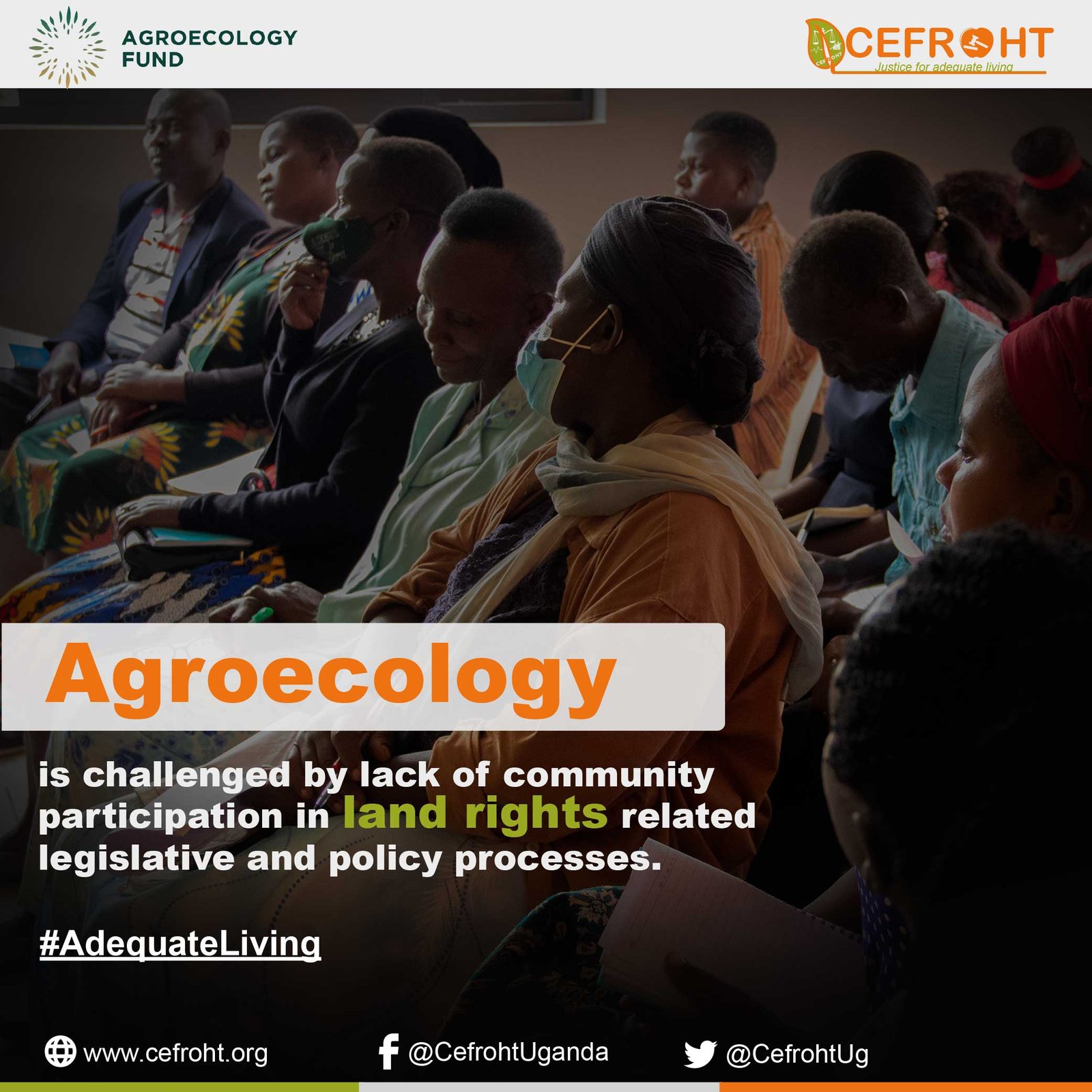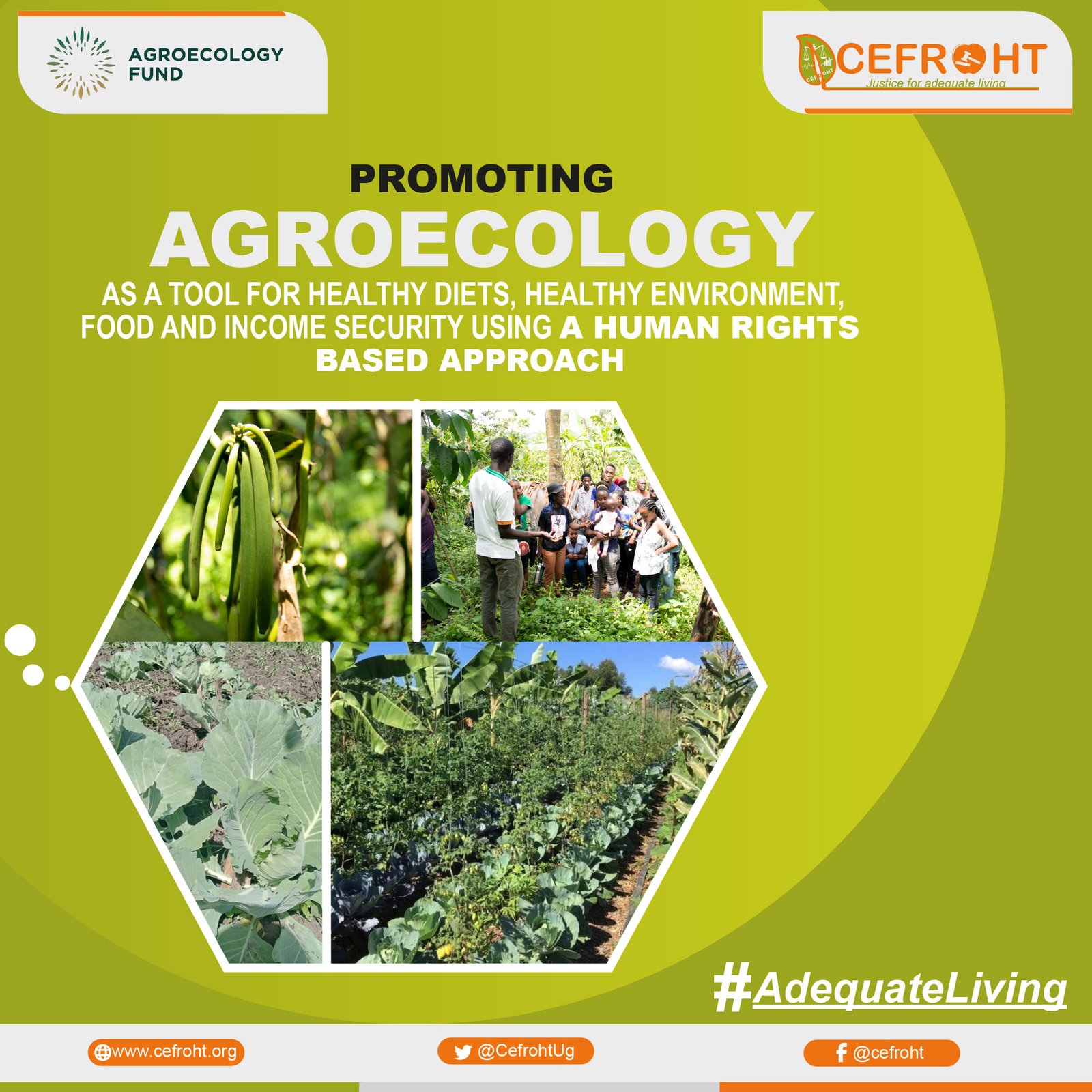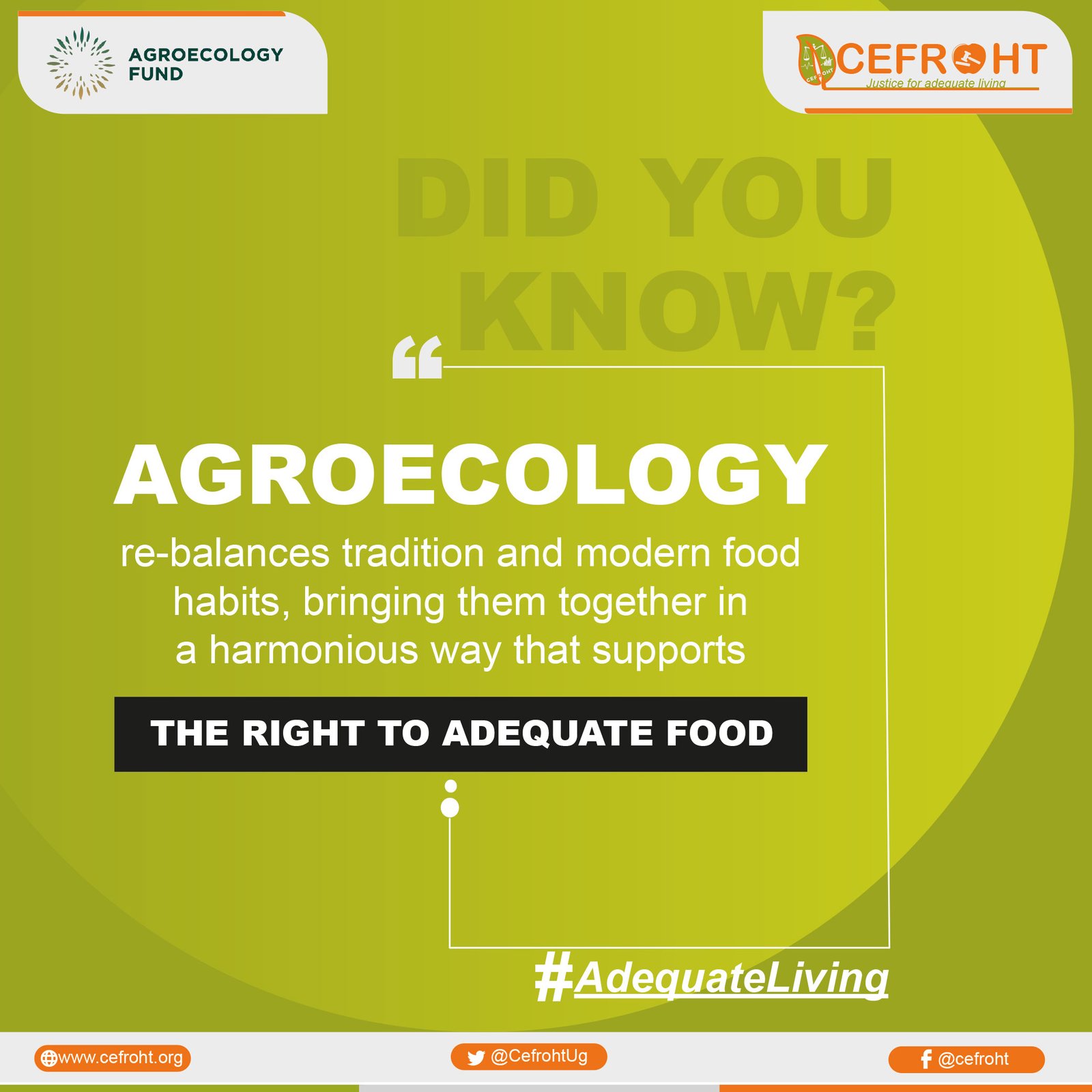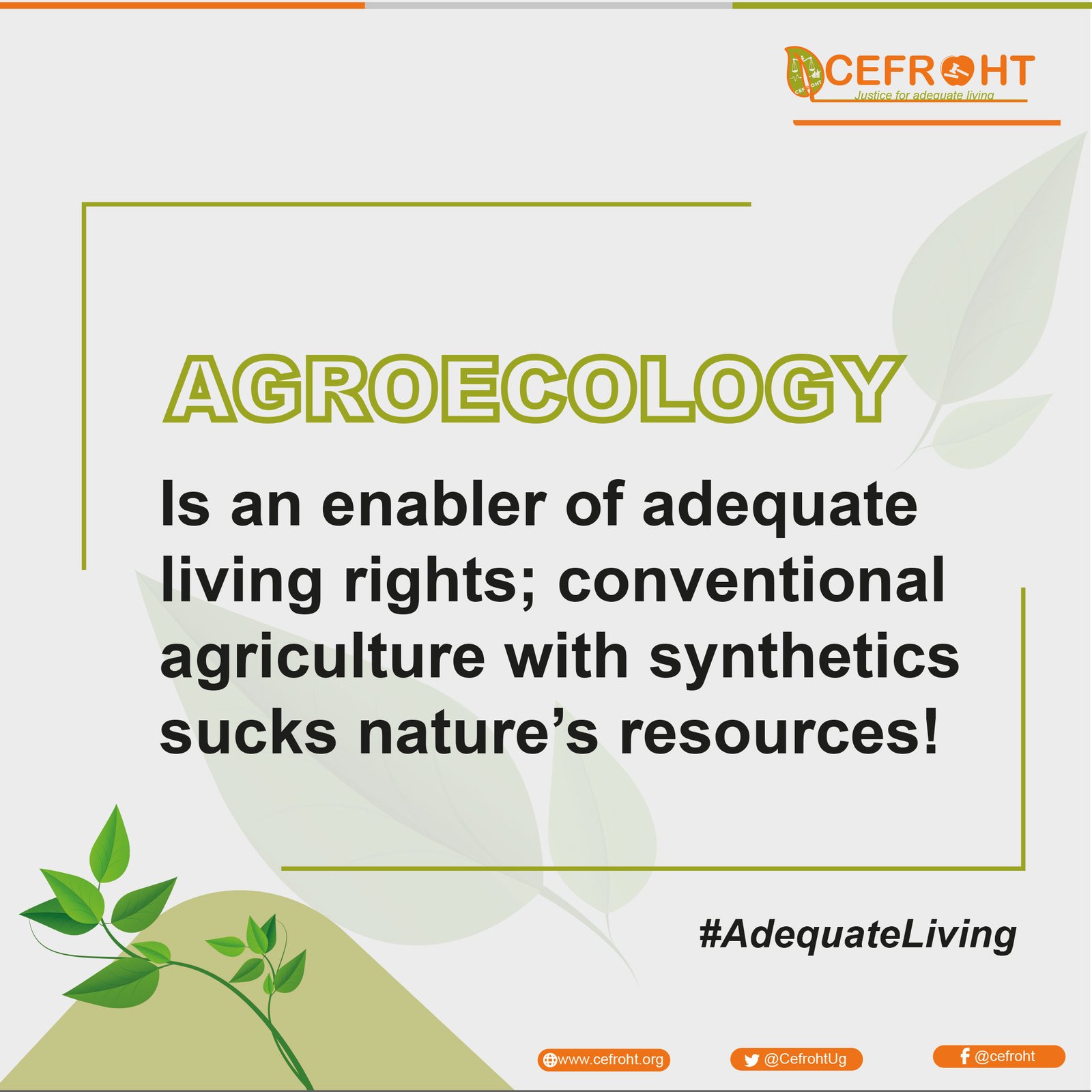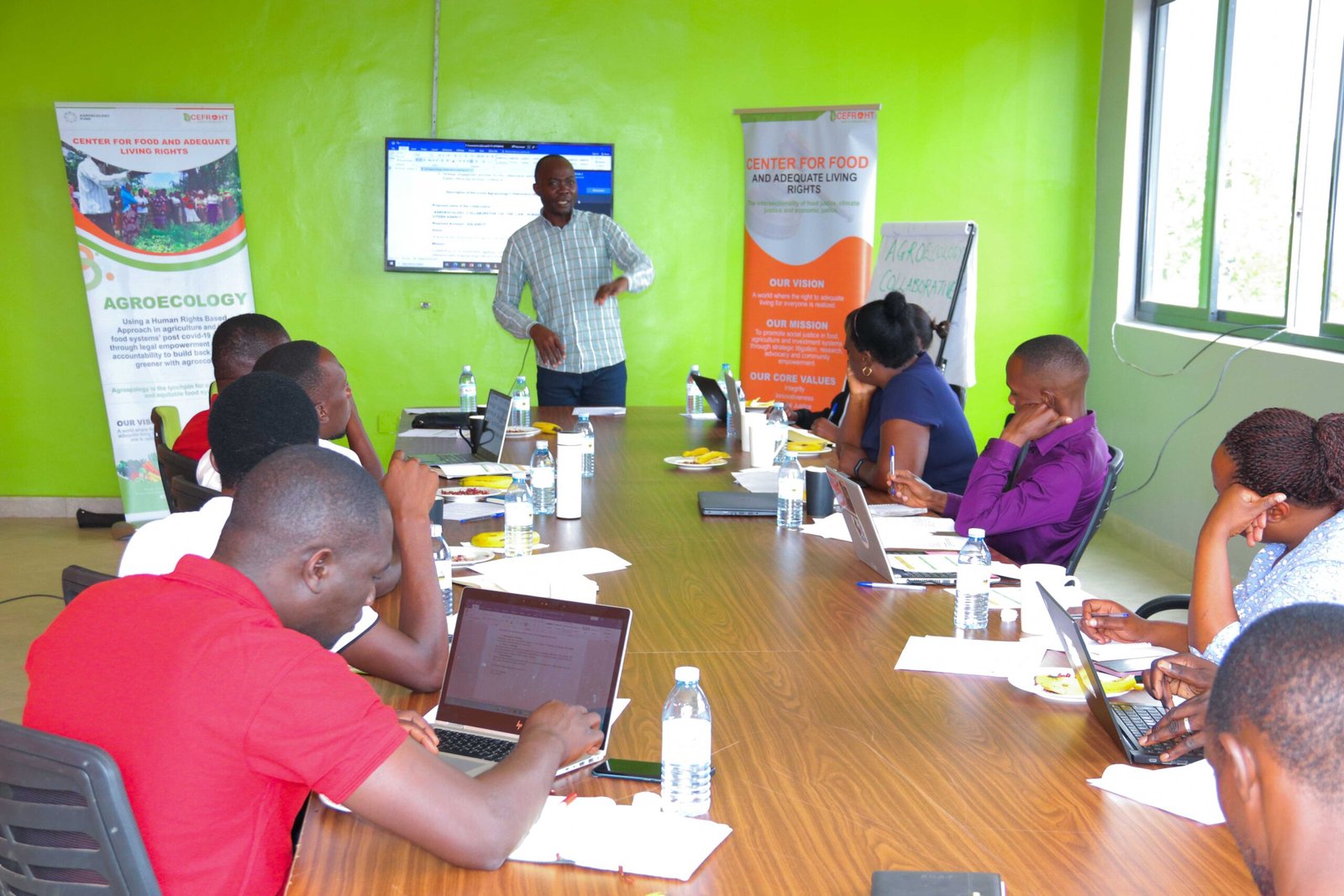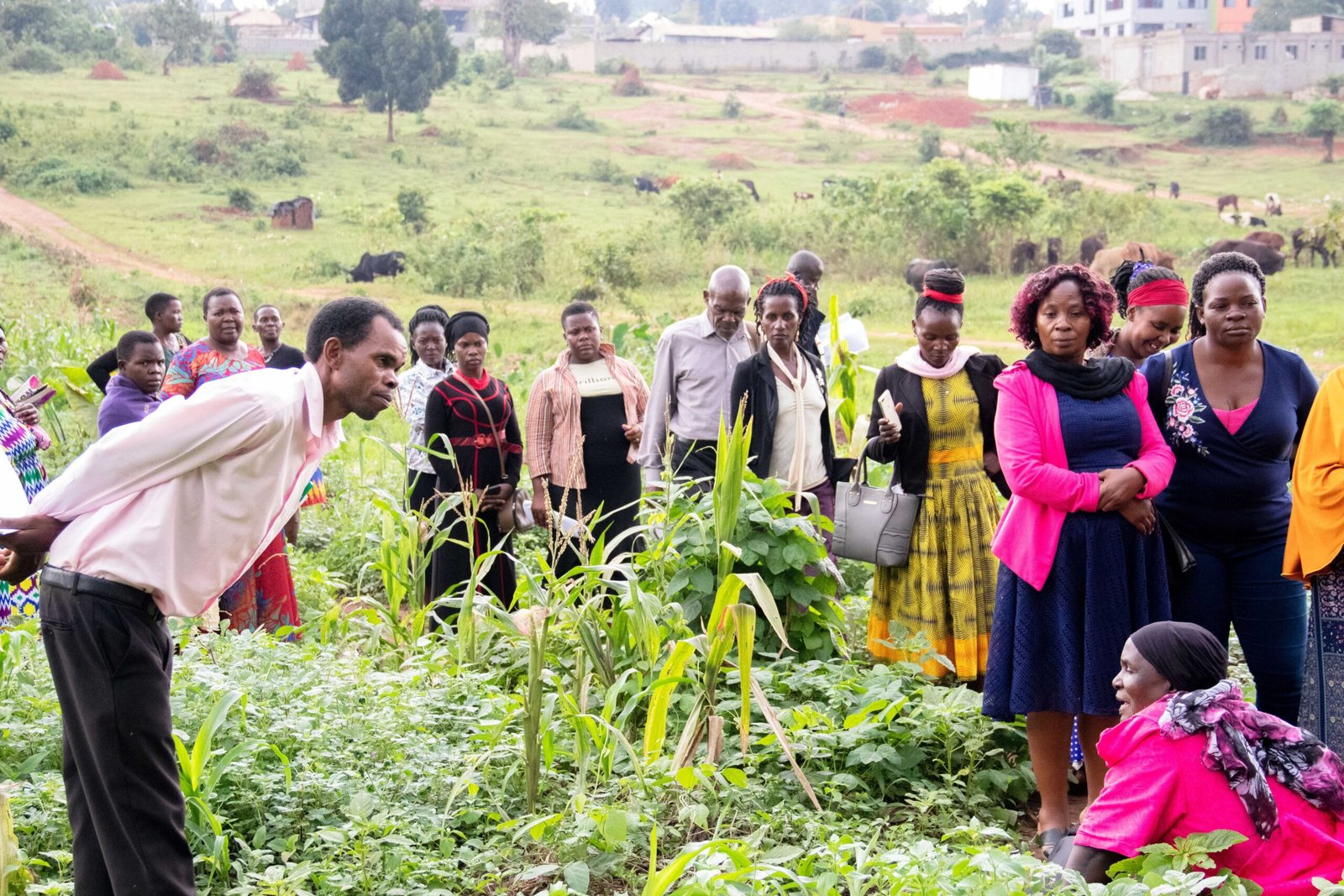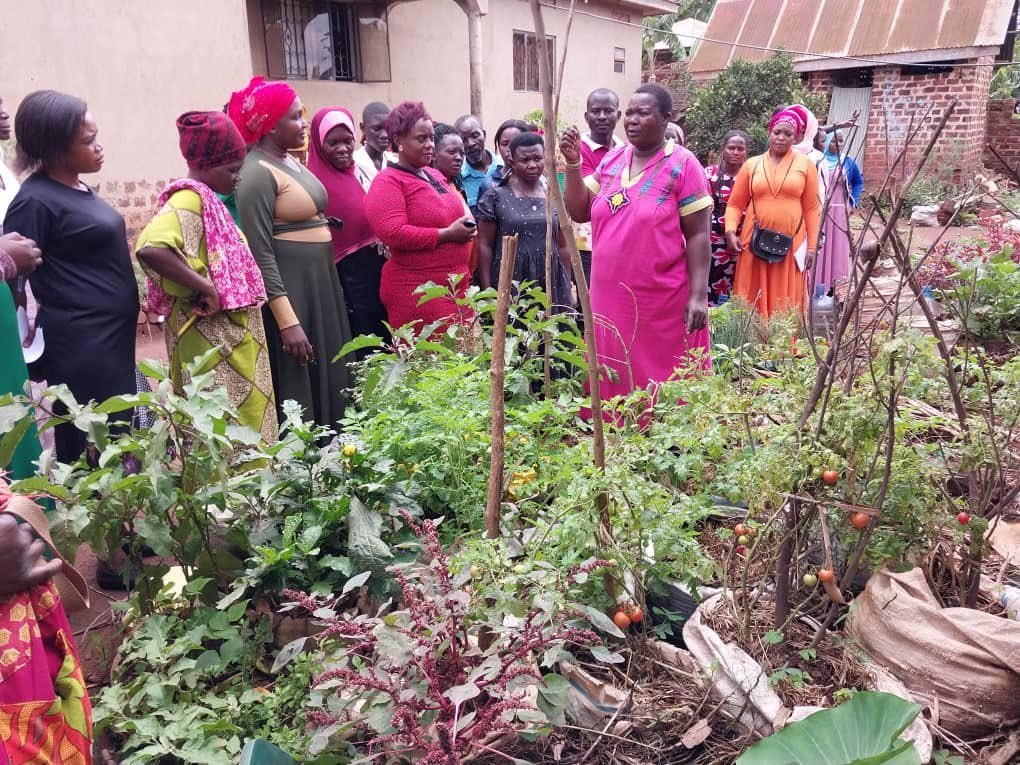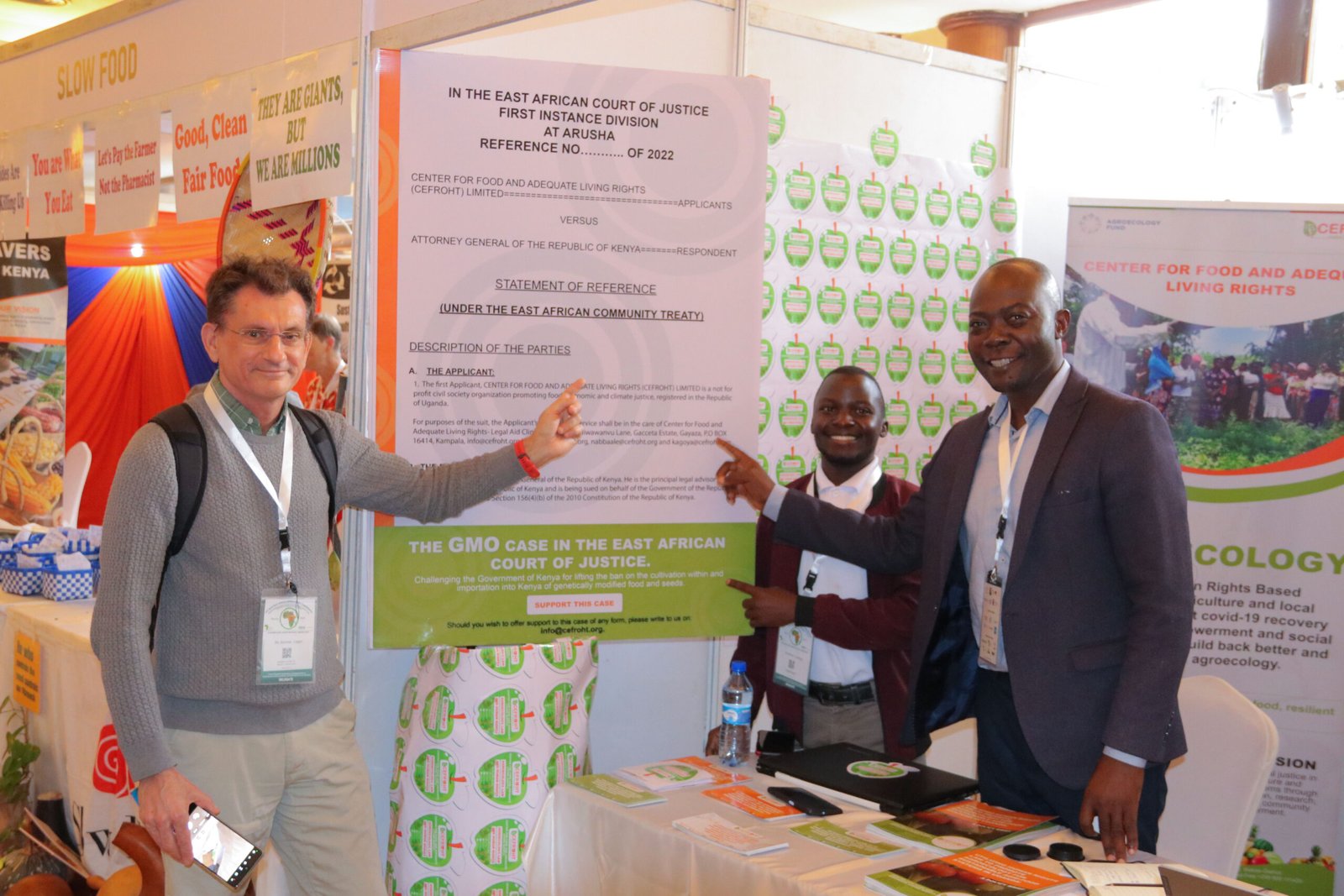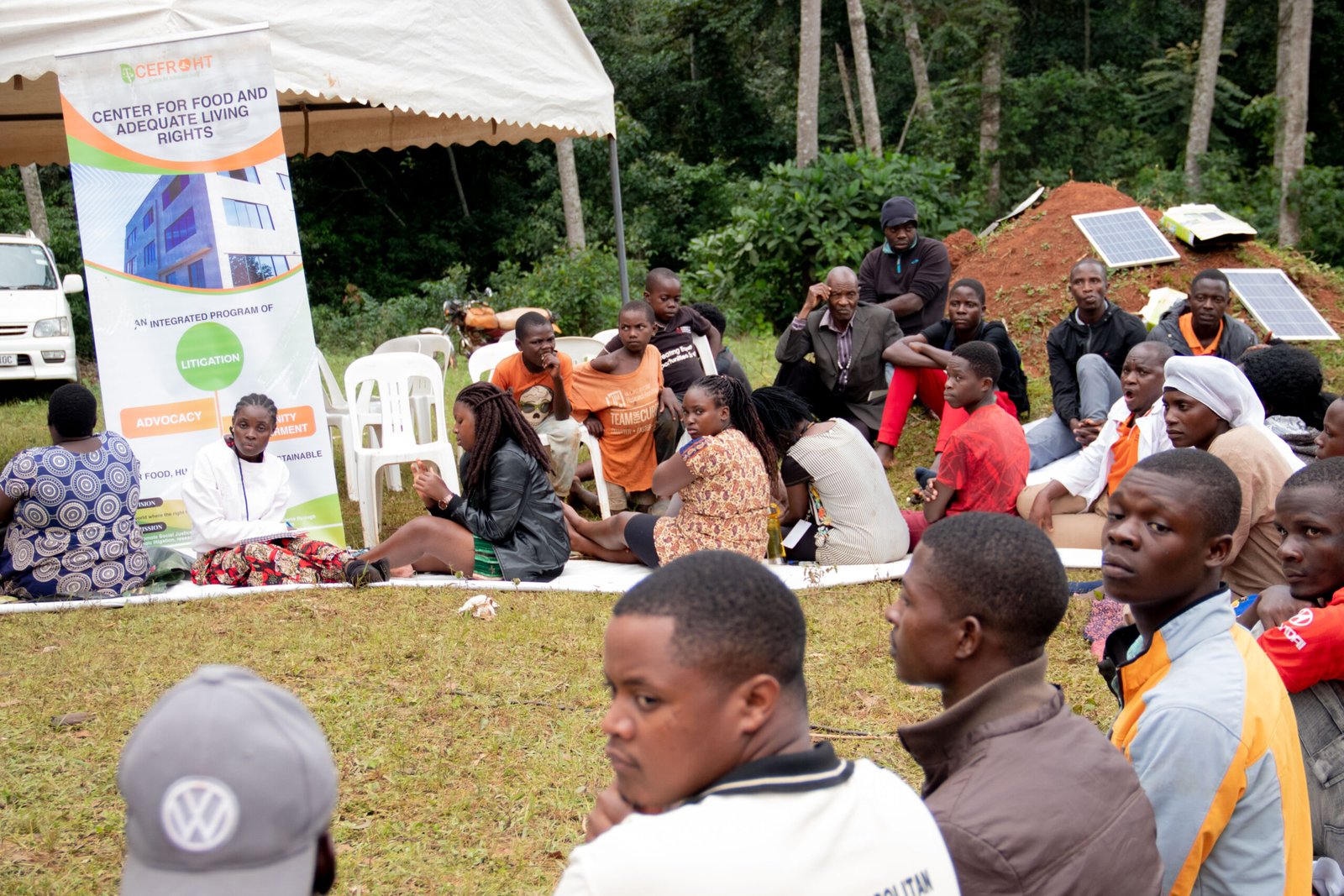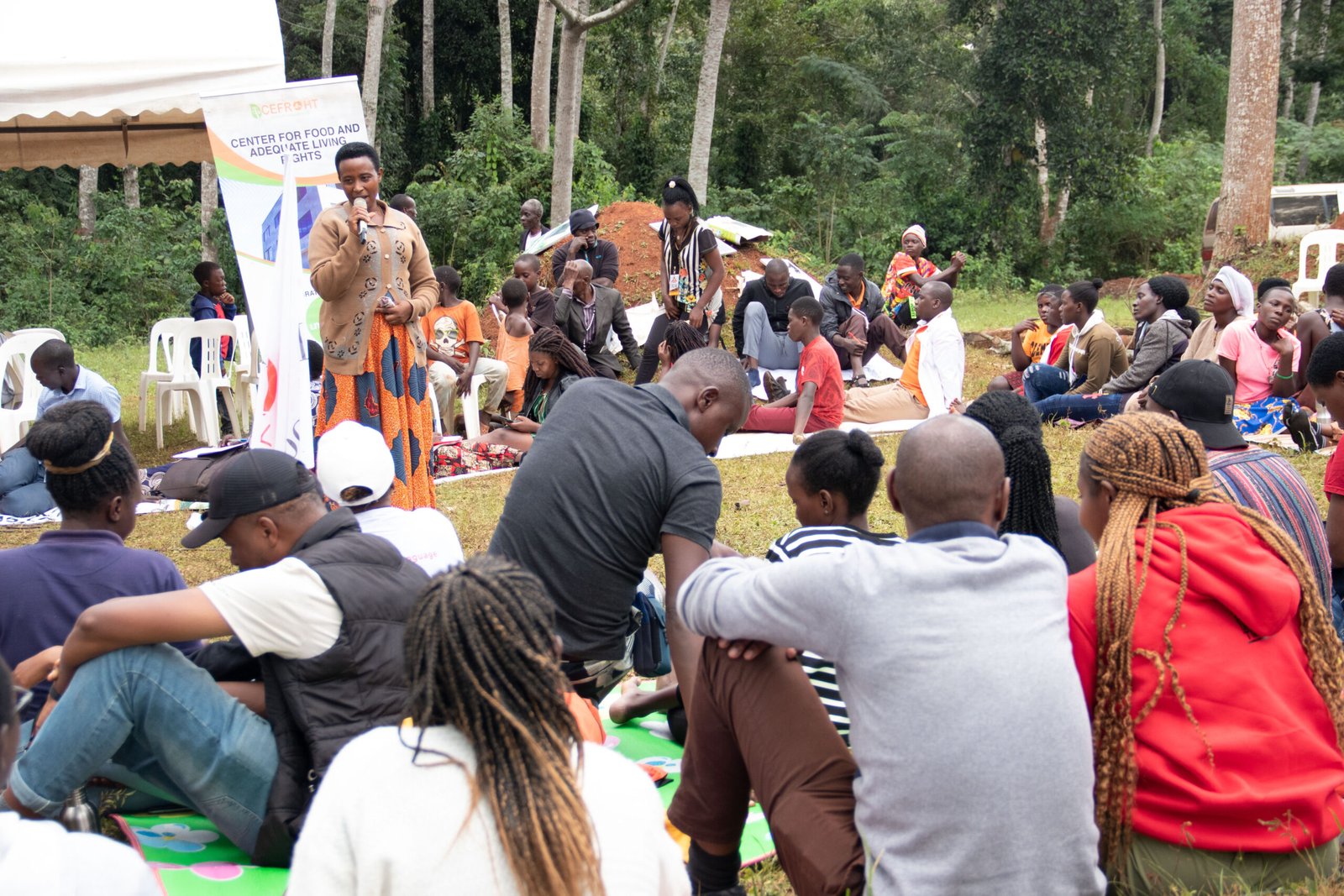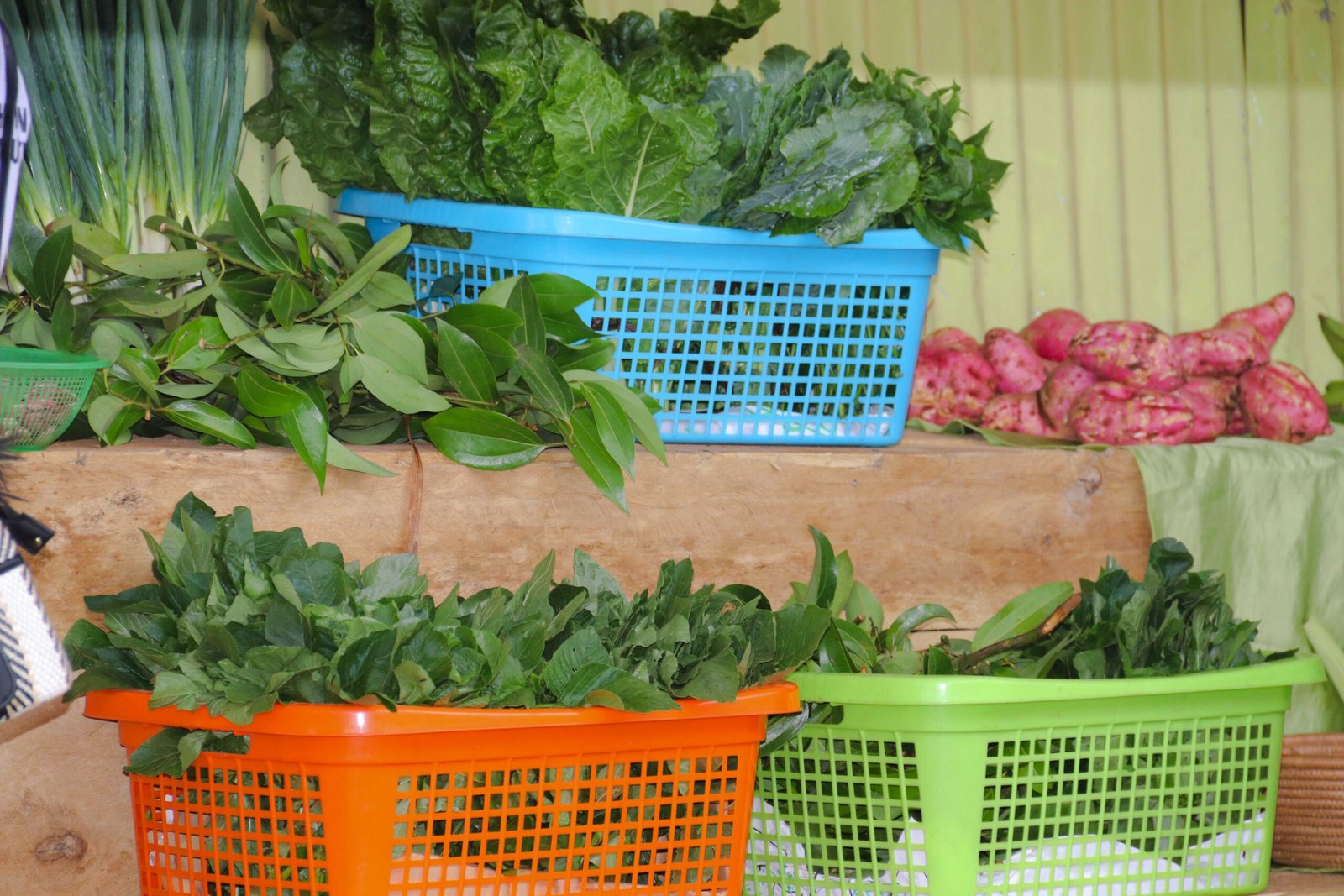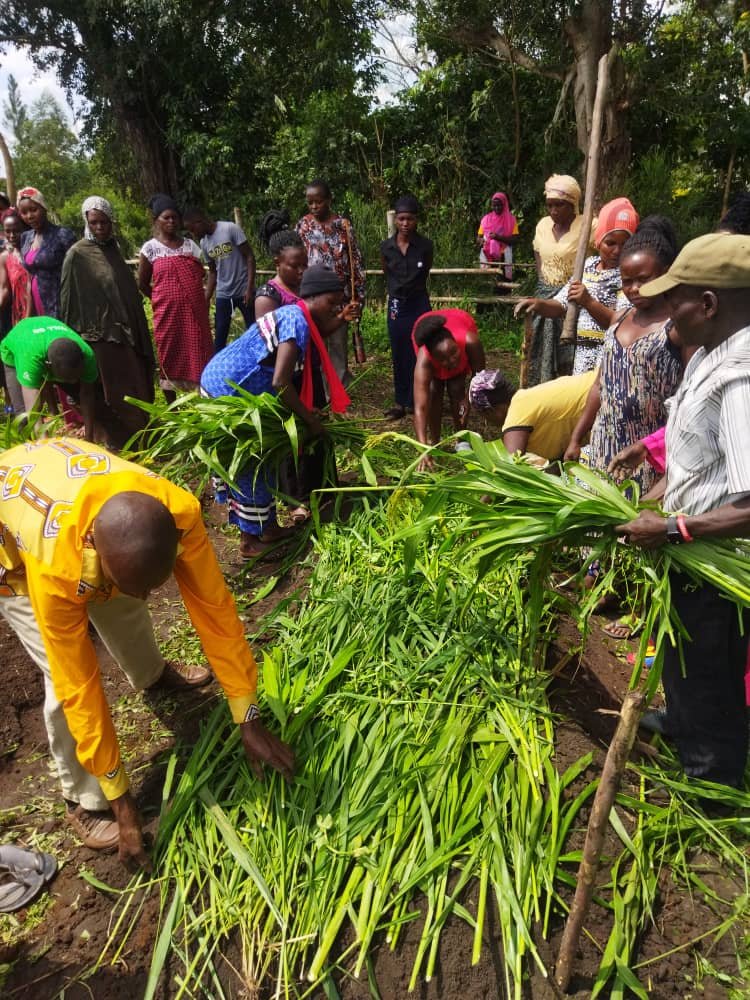Agroecology, Human Rights & the Law
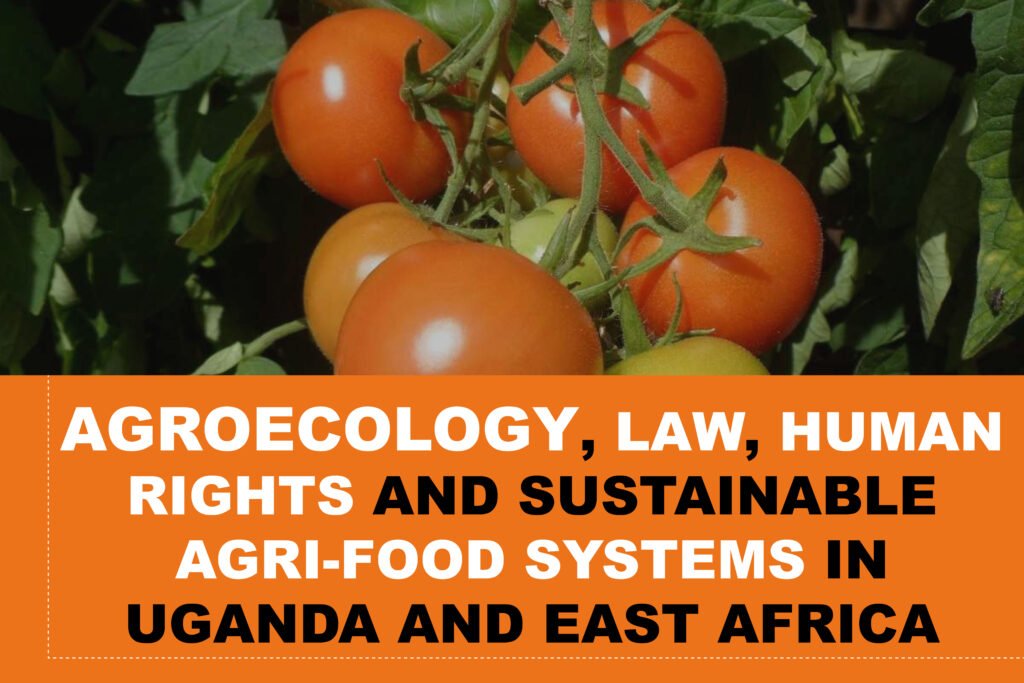
CEFROHT ON AGROECOLOGY, LAW, HUMAN RIGHTS AND SUSTAINABLE AGRI FOOD SYSTEMS IN UGANDA AND EAST AFRICA
As a science, agroecology involves understanding how the agroecosystems and food systems relate. As a practice, it enhances the resilience and sustainability of food and farming systems while preserving social integrity.
As a science, agroecology involves understanding how the agroecosystems and food systems relate. As a practice, it enhances the resilience and sustainability of food and farming systems while preserving social integrity. As a movement, agroecology focuses on the practicality and the innovative ways of agriculture and its relationship with society and nature. Relatedly, agroecology is the integration of research, education, action and change that brings sustainability to all parts of the food systems. Therefore, agroecology seeks ways to improve agricultural systems by harnessing natural processes, creating beneficial biological interactions and synergies amongst the components of agroecosystems through minimizing synthetic
and toxic external inputs.
Agroecology is therefore central in enhancing the right to adequate food and ensuring food justice, climate justice and economic justice. However, for this to be fully realized, the legal framework must embrace the human rights principles and should be enforced.
Therefore, all farmers and stakeholders must participate in laws formulation not only at national but local government level. Rule of law must be at the center of agrifood systems to promote resilient and sustainable food systems.
This policy brief highlights why there is a need for review of legal and policy frameworks. Although there is already an organic policy, there is need to have a law to regulate this sector and promote agroecology.
Center for Food and Adequate Living Rights (CEFROHT) has developed this policy brief with recommendations for different Ministries and CSOs to promote agroecology in Uganda’s agriculture sector and hence enhance climate justice, food justice and economic justice.
Law as a tool for agroecology?
Rule of law is central to development and a sustainable ecology is no exception. Adherence to the rule of law is a critical factor in sustainable economic development. Therefore, advancement of the rule of law is essential for sustained and inclusive economic growth, the eradication of poverty and hunger and the full realization of all human rights and fundamental freedoms, including the right to development, all of which in turn reinforce the rule of law.
This policy brief urges that a Human Rights Based Approach must be integrated into agroecology. That’s the only way for sustainable outcomes for community’s development and individual property security.
In pursuit of the sustainable solution to the critical challenges like income and food insecurity, environmental degradation, raising trends of non-communicable diseases, agroecology must be embraced.
However, citizens must be treated into a culture where agriculture, commerce and business are pursued in accountable legal structures. From a human rights-based approach all laws must have come into place through people’s participation, transparent process and duty bearers must be held accountable in case of failure to implement them. Communities must legally be empowered in the agrifood systems and nature rights.
The current Uganda National Development Plan (NDP III) recognizes the dominance of agriculture and prioritizes Agro-industrialization (AGI) as a great opportunity to increase household incomes and improve quality of life. Despite the NDPIII including all these goals, it ignores a Human Rights Based Approach to income and food insecurity, unsafe food and environmental degradation and malnutrition.
To cure the foregoing, the practice of agroecology will transform the food systems in
Uganda. This is because it ensures food production safety, a clean and healthy environment (e.g., soil, water, and air) for future generations.
What do we need going forward?
We know that a decision at a regional court will bind all partner states and will be the appropriate jurisprudence in the entire African region; and contribute to the high level and regional advocacy strategies against GMOs. Relatedly, the decision from the EACJ will be binding among the EAC.
It is therefore critically important that we work to strategically carry out regional advocacy on fair and equitable trade in seed and food for small holder farmers, food and seed security and sovereignty. We also need to do a legal strategy - to promote and protect the right to adequate food, livelihoods, health and environment rights for the present and future generation. This case will also highlight the need to promote agroecology in the East African region to create a resilient, regenerative and equitable system as a legal mandate.
Download our policy brief below:

